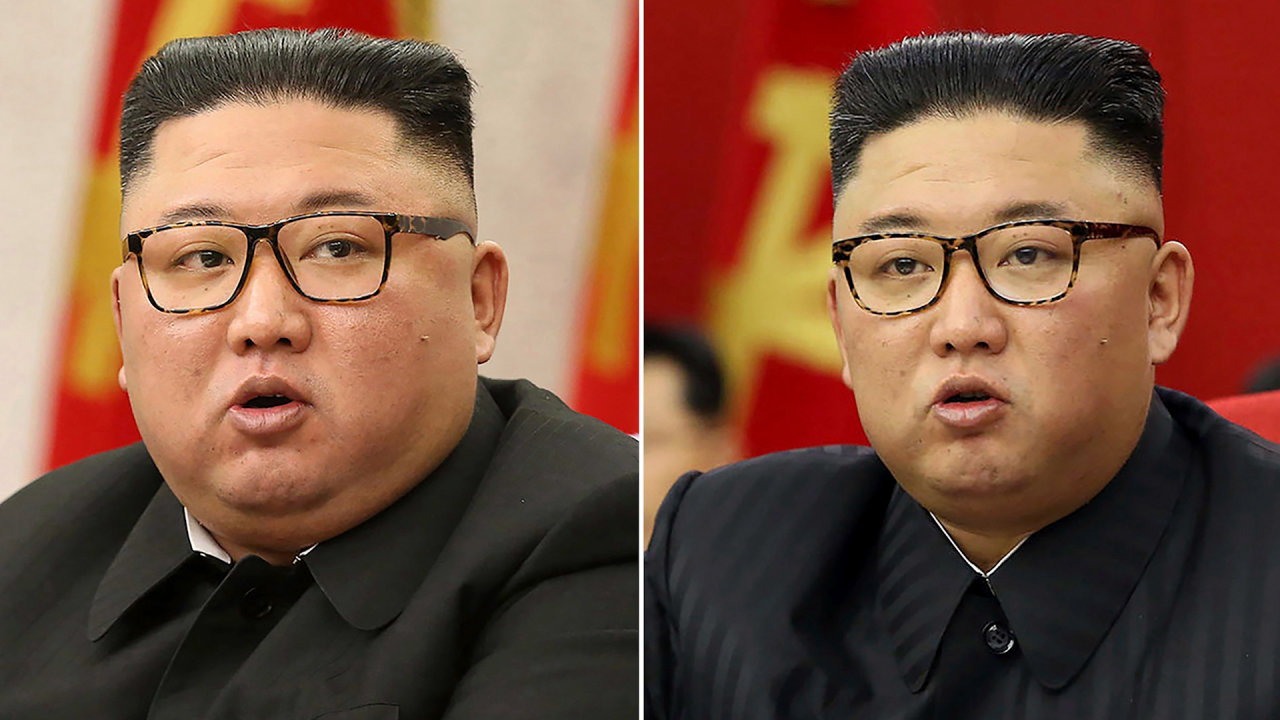Kim Jong Un, North Korea’s enigmatic leader, is known for his commanding presence on the international stage. But beyond politics, his health and physique have often attracted global attention. Standing at approximately 5 feet 7 inches tall and historically weighing over 300 pounds, Jong Un’s weight fluctuations have sparked both speculation and concern.
In recent years, images of a slimmer Kim Jong Un, with a more defined frame, raised questions about his weight loss, health habits, and the personal discipline behind his transformation.
“The leader appears more energetic and visibly healthier,” one state observer commented after a public parade appearance. This was a clear signal that his weight loss had tangible effects beyond appearance.

The Wake-Up Call: Health and Lifestyle Challenges
Reports suggest that Jong Un’s prior obesity may have contributed to high blood pressure, elevated cholesterol, and other metabolic concerns. South Korean intelligence agencies estimated that he lost roughly 44 pounds over a span of about two years—a significant change for someone of his stature.
“We were concerned for his health, and the changes are noticeable,” said a source close to North Korean health officials. The leader’s focus shifted from indulgence to wellness, demonstrating that even those in power face the consequences of lifestyle choices.
This transformation wasn’t just physical; it reflected a strategic approach to leadership and personal discipline, emphasizing resilience, energy, and public perception.
Weight Loss Strategies: How Kim Jong Un Slimmed Down
While specific details are scarce due to North Korea’s secrecy, analysts suggest several factors contributed to Kim Jong Un’s remarkable weight reduction:
Dietary Adjustments
-
Reduced calorie intake: Limiting heavy meals and rich foods like shark fin soup and alcohol.
-
Healthier proteins and vegetables: Lean proteins and nutrient-rich vegetables became staples.
-
Structured meal planning: Regular meals replaced erratic eating patterns, supporting consistent weight loss.
Increased Physical Activity
-
Daily walking and light cardio: Even moderate activity contributes to substantial health improvements.
-
Supervised fitness routines: Some reports suggest a focus on mobility, strength, and endurance exercises.
Medical Oversight
-
Regular health checkups: Monitoring blood pressure, cholesterol, and metabolic markers to avoid complications.
-
Expert guidance: Physicians likely advised on nutrition, exercise, and supplements, ensuring safe and sustainable weight loss.
“Weight management at this scale isn’t about quick fixes—it’s about consistency and commitment,” commented a health expert familiar with leadership-level wellness programs.
Emotional and Psychological Impacts
Weight loss for Kim Jong Un wasn’t solely a physical endeavor. Analysts note several psychological and leadership-related benefits:
-
Enhanced energy levels: Slimmer physiques support endurance and mental alertness.
-
Improved confidence: A healthier body reinforced his authoritative presence in public appearances.
-
Public perception management: A fitter leader signals discipline, vitality, and commitment to duty.
Interestingly, state media highlighted his transformation subtly, framing it as dedication to work rather than personal vanity. “The message Pyongyang is sending is that Kim is a leader who works very hard for his people—even to a degree he loses weight,” an insider noted.
Public and Global Reactions
Kim Jong Un’s weight loss drew reactions both domestically and internationally.
-
North Korean citizens reportedly expressed concern and admiration, emphasizing loyalty and care for their leader.
-
International observers noted his improved energy and sharper public appearances, linking weight management to enhanced performance in leadership duties.
-
Media analysis highlighted the contrast between his prior image as an overweight figure and his current slimmer, more vibrant presence.
“Even small reductions in weight can have outsized effects on perception,” noted a political analyst. In Jong Un’s case, 44 pounds made a striking difference visually and symbolically.
Lessons from Kim Jong Un’s Weight Loss Journey
-
Lifestyle adjustments outweigh shortcuts: Sustainable weight loss requires a combination of diet, activity, and medical oversight.
-
Health influences leadership: Physical fitness can directly impact energy, focus, and decision-making.
-
Discipline can inspire perception: A visible transformation conveys commitment, endurance, and personal accountability.
-
Emotional resilience is key: Managing stress, maintaining consistency, and prioritizing wellness enhance both body and mind.
Even for global leaders, the principles of weight management mirror those applicable to everyday life: consistency, moderation, and mindful habits.
FAQs About Kim Jong Un Weight Loss
1. How much weight did Kim Jong Un lose?
He reportedly lost about 44 pounds, going from 308 lbs to 264 lbs over roughly two years.
2. What caused his weight loss?
A combination of dietary changes, increased physical activity, and medical supervision contributed to his slimming down.
3. At what age did he achieve this transformation?
Kim Jong Un achieved this in his late 30s, around age 39.
4. Did weight loss affect his leadership?
Analysts suggest his slimmer, healthier appearance enhanced his energy, public perception, and perceived discipline, supporting his leadership image.
5. Is the weight loss permanent?
Reports indicate fluctuations, as Jong Un has regained some weight over time, highlighting the challenges of maintaining long-term results.
6. Were there health concerns linked to his prior weight?
Yes, obesity may have contributed to high blood pressure, diabetes risk, and other metabolic concerns, prompting lifestyle adjustments.
Kim Jong Un Weight Loss Final Thoughts
Kim Jong Un’s weight loss journey is a rare glimpse into how even world leaders face health challenges and take steps to improve wellness. By losing 44 pounds and adopting healthier routines, he demonstrated that discipline, lifestyle adjustments, and medical guidance can yield transformative results.
“Change is hard, but even small steps can lead to dramatic results,” one observer reflected. For Kim Jong Un, shedding pounds wasn’t just a personal milestone—it was a statement about resilience, vitality, and the intersection of health and leadership.
His story serves as a reminder that commitment to wellness transcends status, age, and lifestyle, offering lessons for anyone striving to improve health and longevity.